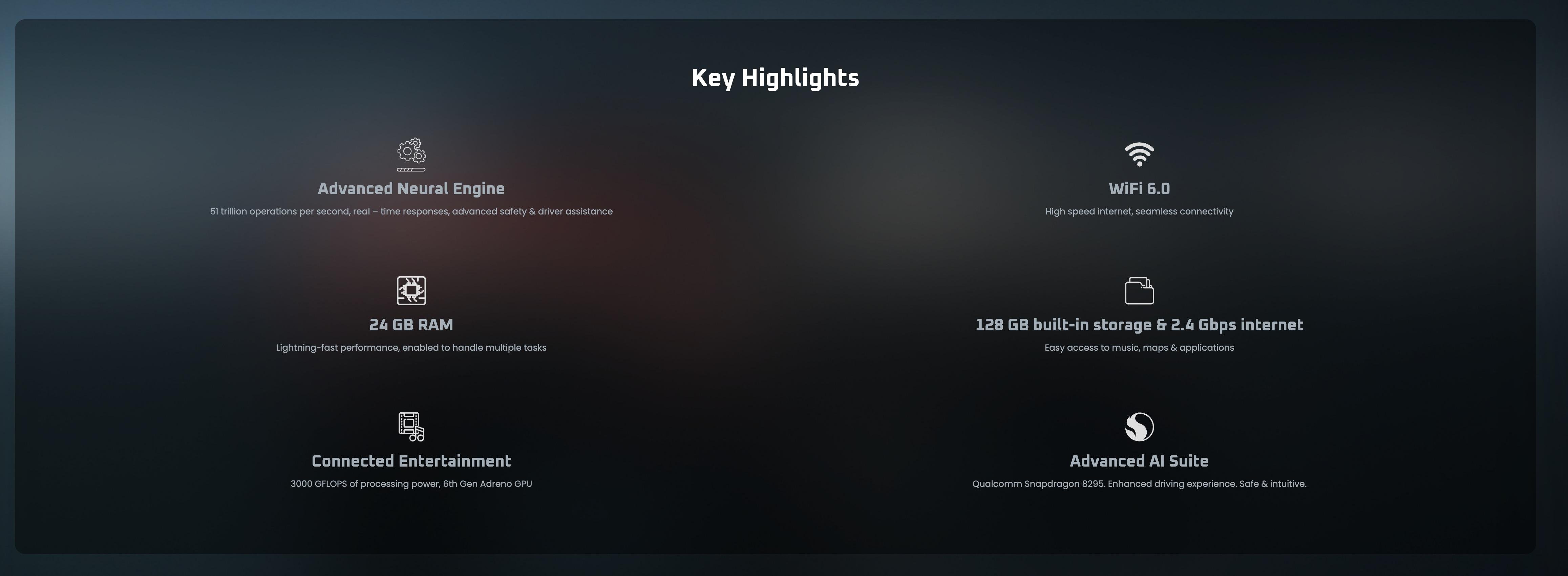Mahindra claims to have the most advanced in-vehicle artificial intelligence (AI) system, with its latest vehicle architecture taking a significant leap in using machine learning to transform how cars monitor drivers and interact with their environments.
The Indian automaker, which is also the fifth largest IT provider in India, has introduced a new AI system called MAIA (Mahindra Artificial Intelligence Architecture), which it claims is the ‘fastest automotive mind in the world’ and can process 51 trillion operations per second, enabling complex real-time analysis of driver behaviour.
As a comparison, a current-generation iPhone 16 Pro Max’s A180 Pro chip can complete 35 trillion operations per second. Maia uses a Snapdragon 8295 chip with embedded 5G capabilities.
Its driver occupant monitoring system (DOMS) can detect mobile phone usage, track passenger movements, and recognise potential safety risks – reporting them both inside the vehicle and also to external sources.
“We’re learning how to use AI in practical ways,” said the lead engineer. For example, the system utilises five radars and multiple cameras to continuously train its auto park assistant, thereby improving parking accuracy through machine learning algorithms.
Hundreds of new car deals are available through CarExpert right now. Get the experts on your side and score a great deal. Browse now.
Other system capabilities include detecting driver posture, monitoring passenger behaviour, and providing advanced diagnostic information.
Interestingly, AI is also being used in the development process itself. Engineers are now utilising machine learning to generate test cases and verify algorithms, particularly in complex areas such as accent recognition in voice interfaces. CarExpert visited a lab in Chennai, India, where this development was taking place.
Currently, the system focuses on monitoring and data collection rather than direct driving intervention. While not yet controlling the vehicle, the technology represents a significant step towards more adaptive automotive systems.
The architecture enables software partners to integrate new applications more easily, suggesting a more flexible approach to vehicle development in the future.
Mahindra’s approach highlights a growing trend in automotive technology: transforming vehicles from simple transportation tools into intelligent, data-driven platforms that can learn and adapt.
As with all other brands, the move toward more data and intelligent overlays opens the door to numerous privacy concerns with vehicles that can not only monitor and record their drivers but also dob on them.
MORE: Everything Mahindra


